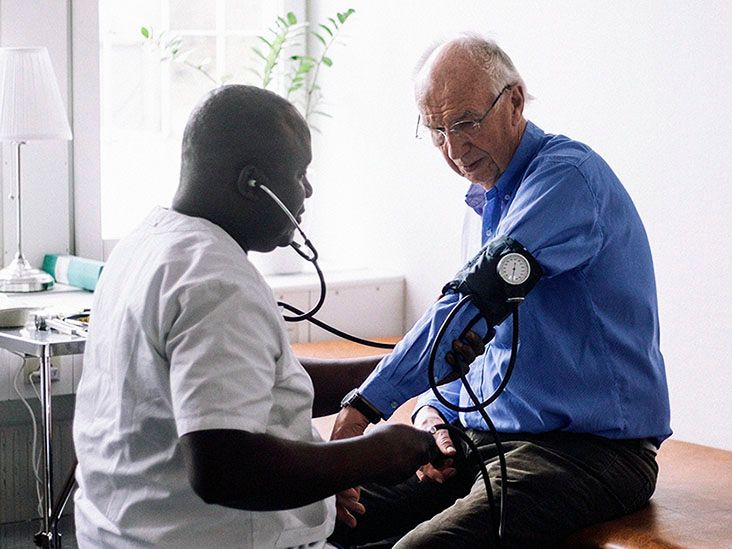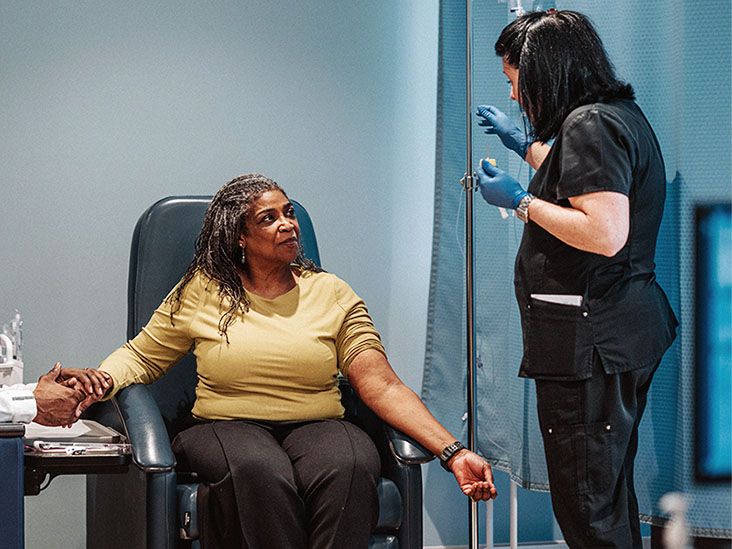The Mysteries of Mortality
While death is a part of life, there are many aspects of it that remain shrouded in mystery. Doctors, who are often on the frontlines of witnessing this transition, may not always feel comfortable discussing the realities of dying. In this article, we'll explore 10 things your doctor may not tell you about the process of dying, shedding light on the scientific and emotional aspects of this profound experience.
1. The Mind Remains Active Longer Than You Think
As the body begins to shut down during the dying process, it's believed that the mind remains active for a surprisingly long time. Studies have shown that even when a person appears unresponsive, they may still be able to hear and process sounds and conversations happening around them. This means that your loved one may be more aware of their surroundings than you realize, even in their final moments.
2. Pain Perception Changes
As death approaches, the body's perception of pain can change dramatically. While pain management is crucial in end-of-life care, doctors may not always emphasize that as the dying process progresses, patients may experience less physical discomfort. This can be due to a combination of factors, including changes in brain chemistry and the body's natural pain-relieving mechanisms.
Understanding the Physical Journey
Beyond the psychological and emotional aspects of dying, there are also significant physical changes that occur in the body. Understanding these processes can help provide a sense of peace and acceptance for both the dying individual and their loved ones.
3. Breathing Patterns Shift
As the body prepares for its final moments, breathing patterns often change. Doctors may not always explain that irregular breathing, periods of apnea (temporary cessation of breathing), and noisy or labored breaths are common and normal as the body's systems start to shut down. While these breathing changes can be unsettling for loved ones, they are typically not a sign of distress or suffering.
4. Appetite and Thirst Diminish
In the later stages of life, the desire for food and water often decreases significantly. This is a natural part of the dying process, as the body's need for sustenance diminishes. While it may be difficult for families to accept, doctors may not always emphasize that forcing fluids or food can actually cause discomfort and distress for the dying person.
Emotional and Spiritual Transitions
Dying is not just a physical process; it's also a profound emotional and spiritual journey. While doctors are trained in the medical aspects of end-of-life care, they may not always feel equipped to address the deeper existential questions that arise during this time.
5. Profound Emotional Experiences
As people approach the end of their lives, they may experience a range of intense emotions, including fear, sadness, joy, and even a sense of transcendence. Doctors may not always acknowledge the depth and complexity of these emotional experiences, which can be both challenging and profound for the individual and their loved ones.
6. Spiritual Awakenings and Visions
In some cases, people may report experiencing spiritual awakenings, visions, or a sense of connecting with something greater than themselves as they approach death. While these experiences can be deeply personal and meaningful, doctors may not always feel comfortable discussing them or validating their significance.
The Importance of Communication
Effective communication between doctors, patients, and their loved ones is crucial during the dying process. However, there are often obstacles that can hinder this exchange of information and support.
7. Difficulty Discussing Prognosis
Doctors may sometimes struggle to have open and honest conversations about a patient's prognosis, particularly when it comes to discussing the likelihood of death. This can leave patients and families feeling uncertain or unprepared for what lies ahead.
8. Cultural and Personal Barriers
Cultural beliefs, personal biases, and a general discomfort with discussing death can create barriers between doctors and their patients. Doctors may not always recognize or address these issues, leading to misunderstandings and a lack of meaningful communication during this critical time.
Embracing the Unknown
While science has shed light on many aspects of the dying process, there are still elements that remain shrouded in mystery. Doctors may not always be comfortable acknowledging the unknowns or uncertainties surrounding what happens after death.
9. The Possibility of Consciousness After Death
While the scientific consensus is that consciousness ceases with the cessation of brain activity, some researchers have suggested that there may be aspects of consciousness that persist beyond physical death. Doctors may not always feel comfortable discussing these more speculative ideas, which can leave patients and families wrestling with existential questions on their own.
10. The Enduring Mystery of the Soul
Regardless of one's religious or spiritual beliefs, the concept of the soul and its fate after death remains a profound and deeply personal mystery. Doctors, who are typically focused on the physical aspects of dying, may not always engage in discussions about the soul's journey or the potential for continued existence beyond the physical realm.
Conclusion: Embracing Life and Mortality
As we navigate the complexities of life and death, it's essential to approach the subject with openness, compassion, and a willingness to explore the mysteries that surround us. While doctors may not always feel comfortable discussing all aspects of the dying process, their role is crucial in helping patients and their loved ones find acceptance, comfort, and meaning during this profound transition.
By embracing the truth that #youliveonceeverydayyoudie, we can appreciate each moment as a precious gift and approach mortality with a sense of reverence and curiosity. Through open communication, compassionate care, and a willingness to explore the depths of human experience, we can create a more profound understanding of life's final journey.
FAQs
What happens to the mind during the dying process?
The mind remains active longer than you might expect. Even when a person appears unresponsive, they may still be able to hear and process sounds and conversations happening around them.
Do people experience less pain as they approach death?
As the dying process progresses, patients may experience less physical discomfort due to changes in brain chemistry and the body's natural pain-relieving mechanisms.
Is it normal for breathing patterns to change during the dying process?
Yes, irregular breathing, periods of apnea (temporary cessation of breathing), and noisy or labored breaths are common and normal as the body's systems start to shut down. These changes are typically not a sign of distress or suffering.
Do people have spiritual or transcendent experiences as they approach death?
In some cases, people may report experiencing spiritual awakenings, visions, or a sense of connecting with something greater than themselves as they approach death. These experiences can be deeply personal and meaningful.
Do doctors discuss the possibility of consciousness after death?
While the scientific consensus is that consciousness ceases with the cessation of brain activity, some researchers have suggested that there may be aspects of consciousness that persist beyond physical death. Doctors may not always feel comfortable discussing these more speculative ideas.
Disclaimer: This article is for informational purposes only and does not constitute medical advice. Always consult with a healthcare professional before starting any new treatment regimen.
Related Coverage
Most people don't eat enough fruits and vegetables daily. Learn simple ways to add more produce through meal planning, snacking, and overcoming obstacles to reap nutrition benefits....
Doing crossword puzzles regularly provides excellent brain exercise to boost memory, processing speed, and overall cognitive function for better brain health as you age....
Get your free Medicare wellness visit every year. No cost, no copay. Stay healthy and catch risks early with this preventive care benefit....
Compare Louisiana Medicare plans 2025. Get help choosing the right coverage for your health needs and budget in Louisiana....
Cats can provide companionship, mental stimulation, and comfort for seniors with dementia. Learn how cats benefit dementia patients and tips for integrating a feline companion....
Get the facts on IV infusions Medicare coverage, including what's covered, out-of-pocket costs, and how to find approved providers....
Protect yourself from Medicare scams with tips to recognize and avoid fraudulent calls, offers, and phishing attempts....
Learn what to expect physically, emotionally and spiritually at end of life. Understand the biological shutdown, role of palliative care, and ways to offer compassion....
Learn about fresh wasabi's intense flavor and health benefits and discover where to buy the top authentic wasabi paste to perfectly complement sushi....
Fruit and vegetable supplements can help fill nutrition gaps but shouldn't replace whole foods. Learn how to pick quality supplements for maximum benefit....








